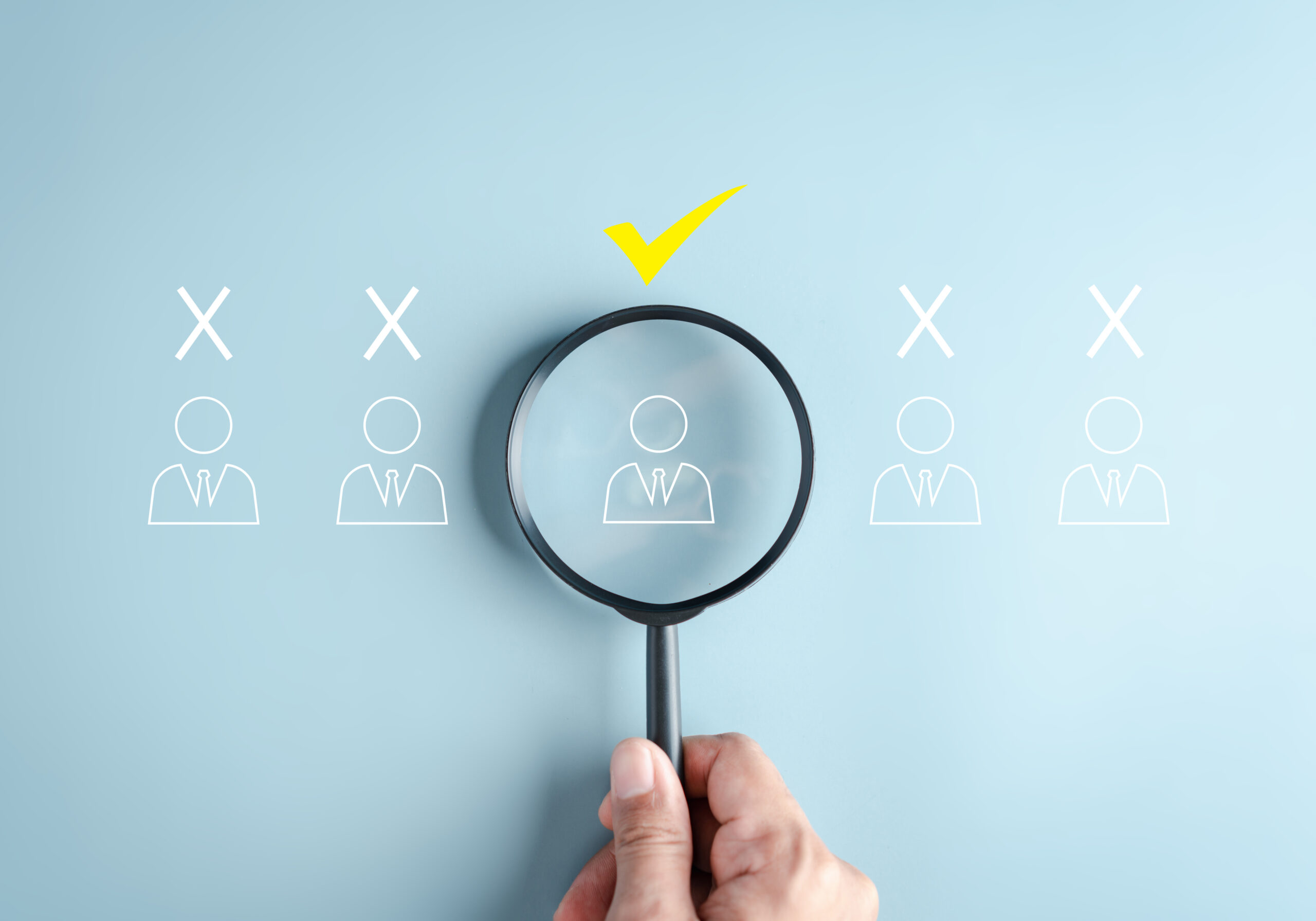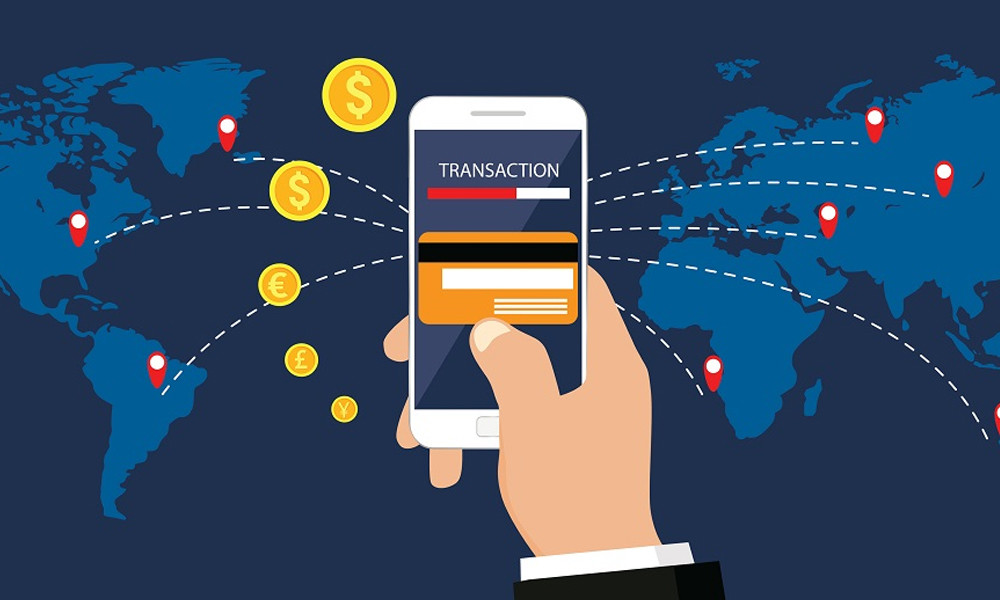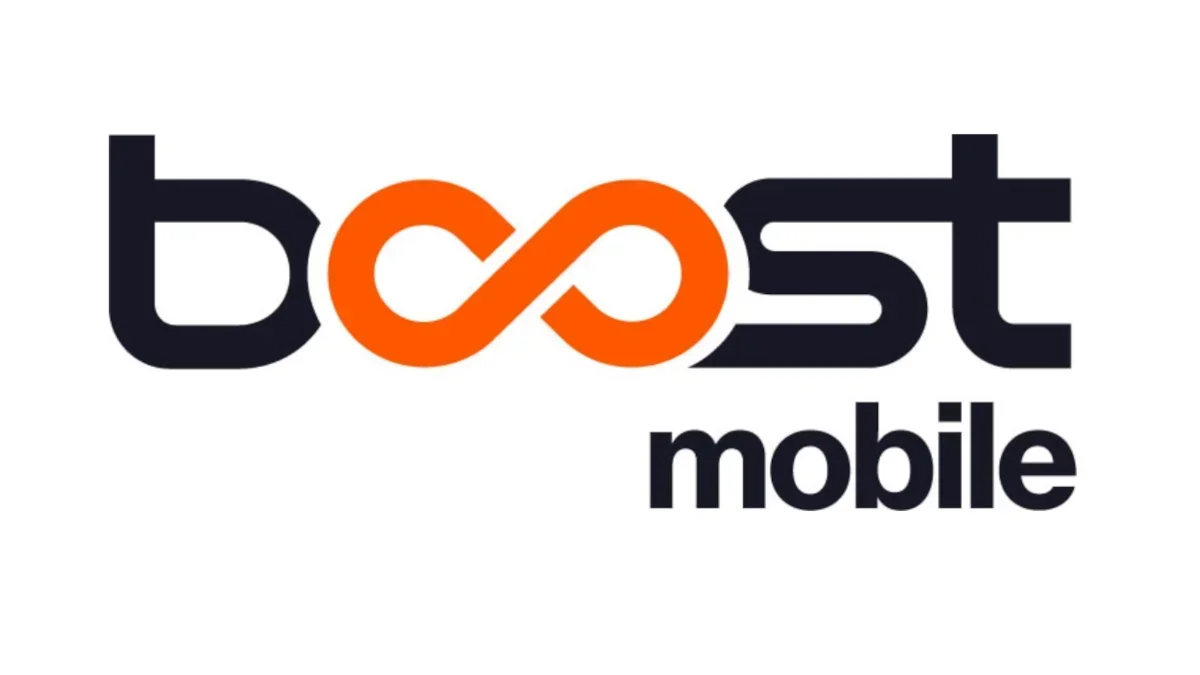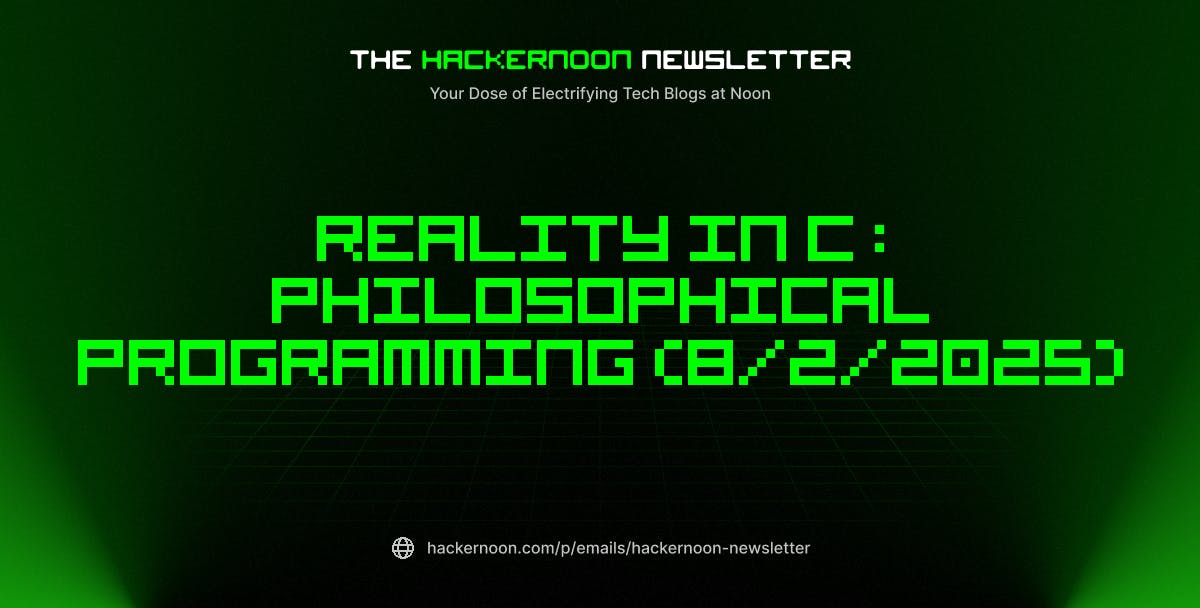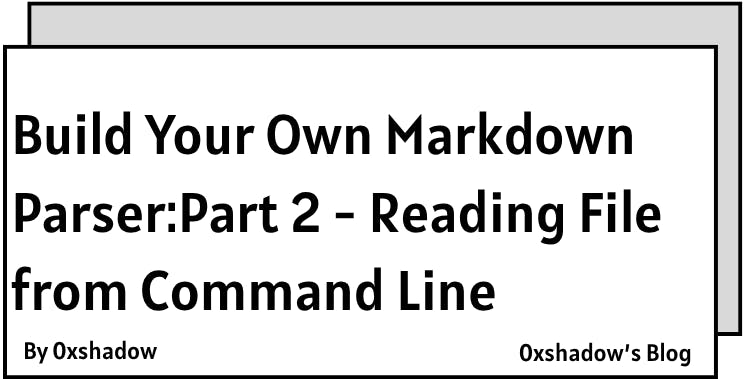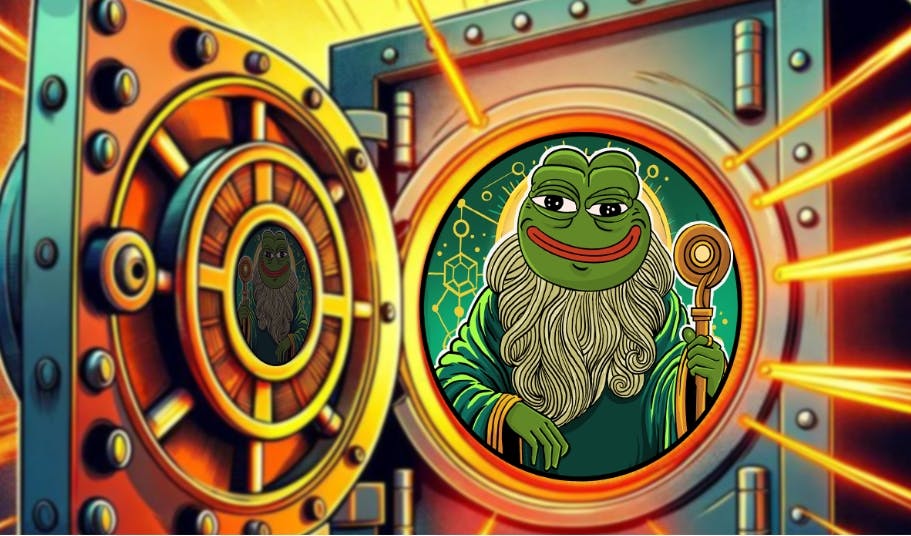Vogue performer Xodiak Rose (L) lead chants onstage with emcee ChiChi Navarro (R) (Photo: Mykle Parker)
In Los Angeles, June’s usual celebratory processions were set against the backdrop of ICE raids that targeted immigrants and citizens alike, as well as a brutal crackdown on the resulting protests by law enforcement. Since the first raid on June 6, LA has become a tense battlefield of fascist escalations by the Trump regime, countered by community defense rapid response networks.
However, Pride Month could not have taken place in a more fitting setting. After all, the 1969 Stonewall Inn uprising, led by Black and Brown trans people against police violence, is largely credited with being the catalyst for the broader LGBTQ+ Pride movement. For queer and trans folks, celebrating resistance in the midst of political threats is crucial to sustaining the legacy of Pride.
For the Community Solidarity Project members organizing the fourth annual Queer Fair, 2025’s political backdrop made hosting a no-cost, mutual-aid-centered pride event all the more relevant.
Since its inception in 2022, Queer Fair has focused on several core principles: being a dry space with no cops, no corporations, and no entry fee. In 2025, it remained as committed as ever to those pillars.
“So many Pride events center around partying and effectively – if not outright – shut out Black and Brown working-class queer people of all ages,” said Beck Frei, an organizer of Queer Fair and a member of Community Solidarity Project. “As an organization dedicated to mutual aid, it was important to us that Queer Fair be a free, all-ages event that connects our community to resources and to each other.”

Palms Unhoused Mutual Aid volunteers ran a table at the Queer Fair. (Photo: Mykle Parker)
Community Solidarity Project was founded in 2021 by Los Angeles organizers and activists who wanted to create an organizing space that provided other social justice groups with infrastructure support for their operations and craft a hub for mutual aid distributions and community defense work. I was privileged enough to be a part of Community Solidarity Project’s inception and was deeply inspired by what we had created, so much so that I felt moved to co-build the type of Pride event that I thought our city needed more of.
The overwhelmingly enthusiastic response from participants over the years underscored that the community has been hungry for accessible events built with the political heritage of Pride at the forefront. For Frei, the drive to plan Queer Fair came from following and building on a spark they had found in the lineages of queer and trans organizing.
“I’m inspired by so many queer and trans people in history who created spaces for community connection, thriving even under inhospitable circumstances,” said Frei.
This year’s event, held at the First Unitarian Church of Los Angeles in Koreatown, featured 25 tabling organizations, four performers, DJ’s from Boyle Heights’s Cumbiatón, and a courtyard filled with craft projects for attendees. If you followed the buzz of activity from the entrance to inside the church’s Channing Hall, you found the room alive with mutual aid organization handing out zines and harm reduction groups providing Narcan and safe use supplies, tattoo artists putting ink on excited patrons, and advocacy groups for queer and trans folks striking up conversation with the people passing by their tables. From the stage at the front of the room, DJs Best Bad and Modest Pup spun tunes that kept the atmosphere vibrant.
As I walked through the venue and took in the event throughout the day, I was struck by how much elation I felt. It warmed my heart to see folks in the sun-dappled courtyard crouched over a sheet of canvas that was being decorated as a banner. A wide smile cemented on my face as I watched attendees at one of the crafts tables decorate bricks and assemble bracelets that said ‘Chinga la migra’ – the Spanish phrase for ‘fuck the immigration police’.
“It’s about returning to the radical roots of Pride—uplifting those who’ve always been at the forefront but too often pushed aside, especially Black, Brown, trans, and undocumented folks,” said event emcee ChiChi Navarro. “It’s a rejection of corporate tokenism and a commitment to building real, sustainable power in our own neighborhoods.”

Volunteers ran the Queer Fair event registration table on June 28. (Photo: Mykle Parker)
For the organizers and the participants alike, the joy was the entire point.
“I know firsthand how much trauma and pressure we carry — whether it’s about gender, beauty, or just surviving as immigrants and people of color,” Navarro added. “These joyful spaces are not just celebrations; they are acts of resistance and healing.”
The first months of the new Trump administration have been a dark time for queer and trans people both in Los Angeles and in the US more broadly. In June of this year, Children’s Hospital LA announced it will be ending its gender-affirming care program on July 22 in response to mounting threats from the federal government. Three thousand patients and families in the LA area were relying on the Transyouth Health and Development Program for services. A month prior, the LA County Department of Public Health terminated its HIV and STI prevention contracts granted to community organizations.
A few days after the announcement from LA County, Governor Gavin Newsom’s office convened the grantees of the LGBTQ+ Health Equity Fund to inform them that their contracts would be ending six months early and the Gender Health Equity Section within the California Department of Public Health would be shut down. There are an estimated 746,000 trans youth living in California, along with roughly 220,000 trans adults.
“This reversal is not just a budget adjustment,” said LA LGBT Center CEO Joe Hollendoner in a press release. “It is a betrayal of queer and trans Californians.”
Health institutions are not the only sites of receding support for queer and trans people. In March of this year, San Francisco Pride announced that several long-time corporate sponsors had pulled their support of the event. Over $300,000 vanished as Comcast, Diageo and Anheuser-Busch declined to participate in 2025’s festivities. In New York City, other companies such as Citi, Mastercard, Pepsi and Nissan also pulled out of supporting NYC Pride.
While the slashing of programs for queer and trans people and the shrinking away of corporate sponsors may come as a shock to some, for many it reinforces what was already known about the state and capitalism’s lack of political will to protect vulnerable populations. As a result, mutual aid and harm reduction have been consistent practices crafted, nourished and deployed by the LGBTQ+ community in times of turmoil, particularly by Black and Brown folks and sex workers.
During the AIDS crisis, lesbians formed networks of care and sustenance for sick and dying community members, providing bedside vigils, talking circles, and organizing blood drives. The notion of syringe exchanges — a system ensuring that people had access to clean needles and reliable information to educate themselves about safe use — blossomed during the AIDS crisis when the federal government had turned their back on the mass death of queer and trans people.
In the book Healing Justice Lineages, harm reductionist, prison abolitionist and author Shira Hassan said, “Liberatory Harm Reduction came to be because people in the sex trade, people of color, queer people and transgender, gender-nonconforming, and two-spirit people, people with disabilities, those who were houseless, and fat people saved our own lives.”
Thus, community care practices that originate and pollinate outside of institutions are bound up in the DNA of queer and trans organizing. It is the reason why the community has endured in spite of targeted political attacks and increased physical violence. The spirit of this innovation was potent at Queer Fair. Organizations such as M.A.R.S. Collective, All Power Free Clinic, Avril Heals, and Palms Unhoused Mutual Aid (PUMA) set up brightly colored tables and piled them high with supplies and information for attendees to peruse and take with them.
“The work of the harm reductionists of [the AIDS crisis] is the reason we now have more open, less stigmatized discussions about sex and our health,” said PUMA founder, organizer and educator Ndindi Kitonga. “Access to drugs like PrEP that are now understood to be standard medications that all should have access to comes out of the struggle of everyday people on the margins who were not part of institutions, who fought for it and made it possible for so many.”
For Kitonga, a long-time harm reductionist and anti-fascist organizer, queer and trans-led mutual aid efforts are the key to building a future that affirms and protects the wellbeing of society’s most vulnerable.
“I think of mutual aid as a way of life that supersedes state abandonment, including all of the different ways we’ve managed to criminalize, banish, displace, discriminate, harm and leave people up to death,” she told me. “It’s the possibility of creating something that allows all of us to thrive, affirms our autonomy and respects our collective humanity.”

Vendors spoke with event emcee ChiChi Navarro. (Photo: Mykle Parker)
In its fourth year of existence, Queer Fair not only wove together the ancestral threads of radical care with the current political moment, but also carved out space for joy to be inextricably linked to liberatory work. The festivities were capped off with a slate of performances by singer/songwriter Hope, vocalist Ryatt Jammal, singer Shaavani, and vogue artist Xodiak Rose.
For the fourth year in a row, Hope kicked off the performances with original songs. The crowd then howled with laughter as the singer Shaavani took the stage in SpongeBob-themed drag and performed their single ‘Bikini Bottom’. Ryatt brought the house down with smooth vocals, including a moving cover of “Crazy” by Gnarls Barkley. As part of the day’s closing act, Xodiak Rose leapt from the stage and engaged the crowd directly in a spirited vogue exhibition, leading to an eruption of cheers from attendees.
As the event wound down, I tried to soak in all the beauty I had witnessed throughout the day. My spirit had felt like it had been injected with light.
“The number one thing I took away from Queer Fair is that my songs matter,” said Hope. “My voice matters. My opinion matters.”
As attacks on queer and trans folks continue and fascist violence threatens vulnerable folks in Los Angeles and beyond, the creation and maintenance of strong care networks will be paramount. Queer Fair succeeded in providing a space for that generative work in a gracious offering for folks to come as they are and celebrate all they are capable of.
“Our liberation has always come from the community,” said Navarro. “Not corporations.”
When asked about the future of Queer Fair, organizer Beck Frei was excited to state that the Community Solidarity Project has every intention of continuing the yearly tradition of throwing their event at the end of Pride Month.
“We will keep growing Queer Fair year after year,” Frei stated, “while always centering Pride’s original intent of defiance against a state that wants to erase us.”
Queer Fair and Community Solidarity Project are entirely supported by small-dollar donations. If you would like to show your support, visit their website to make a tax-deductible donation.
All photos taken by Mykle Parker www.mykleparkerphotography.com
Rosalind Jones (she/they) is a queer, Los Angeles-based writer and community organizer. She is a contributor for the online publication Knock LA, a founding member of the social justice organization Community Solidarity Project, and authors a Substack titled ‘Another World is Inevitable. Rosalind holds a BA in Diplomacy and World Affairs from Occidental College and a certification in Creative Writing from the UCLA Extension.


